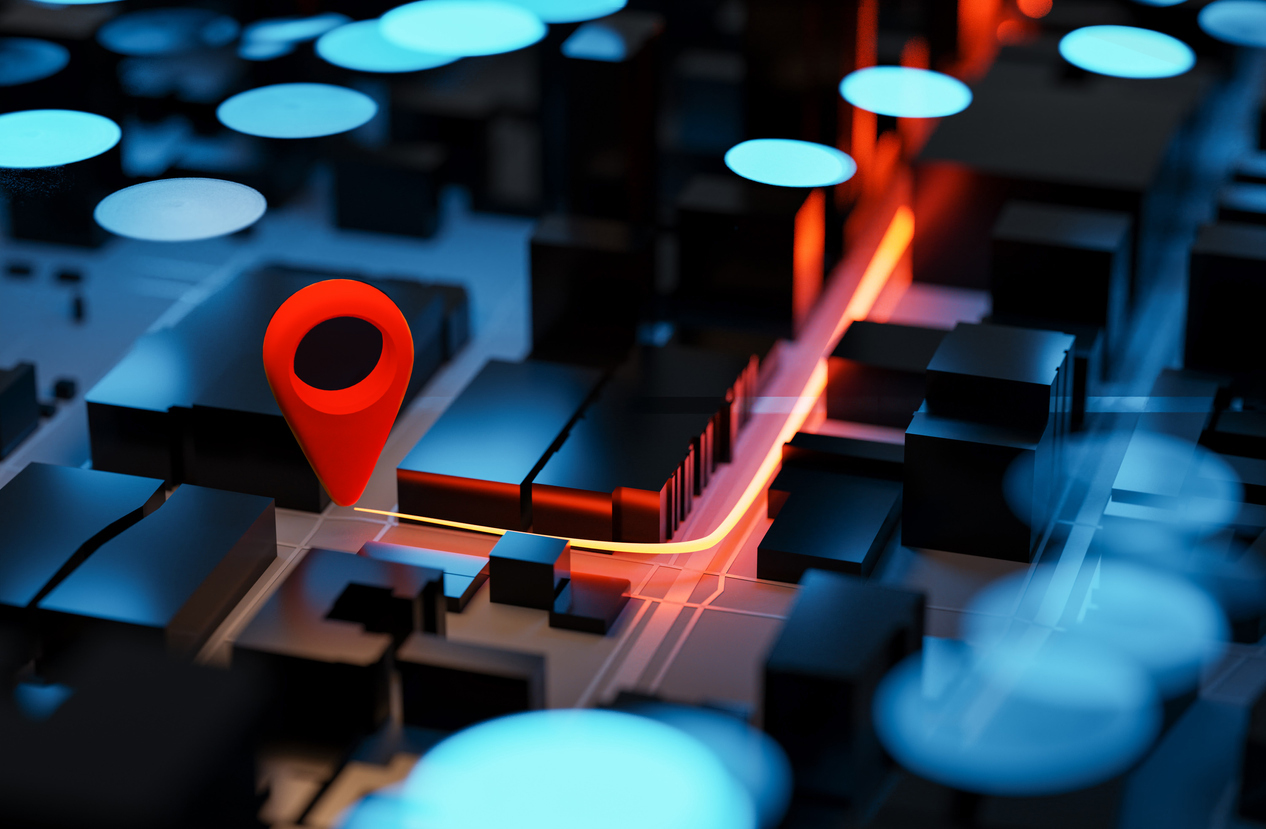Global Positioning System—commonly known as GPS—is a tech that’s become ubiquitous in our daily lives but is actually only one of four global systems that uses data from satellites to provide navigation and tracking information. The other three systems are Russia’s Global Navigation Satellite System, the EU’s Galileo, and China’s BeiDou-2. GPS is the U.S.-based system that began in the 1970s as a military project and was fully completed in 1996. Then in 2000, the U.S. passed a bill that allowed commercially available GPS devices to be as accurate as military-grade ones, effectively paving the way for the GPS that many of us use on our phones and in our cars today.
While the typical layperson might only know GPS for its helpfulness when driving, it has many other uses. Given its roots as a military project, it may not surprise you to learn that GPS is a common tool used by law enforcement agencies. Some of the uses may even seem mundane or obvious, such as using GPS data for crime mapping or to monitor traffic when dispatching officers. These may not seem the most exciting uses, but they are essential in ensuring officers are able to prevent and intervene on a crime scene in a timely manner. However, there are also some more creative ways in which law enforcement has used GPS to help solve crimes.
Though GPS is a navigation tool, it can also be used to track things—think about Apple’s “Find My” app, which relies on GPS (among other factors) to help a user to locate a lost phone, tablet, or other device. Police can use this feature to their advantage to help track down criminals, especially in potentially dangerous situations. For instance, high-speed car chases can pose a threat to the perpetrator, the police, and civilians alike. To eliminate the need for a chase entirely, some police departments equip their patrol cars with GPS tagging guns. These are devices that launch a GPS tag at the vehicle being pursued. If the GPS dart sticks, the vehicle can be monitored and tracked without the risk of a car chase. There has been some debate over the years on whether or not the use of such devices is constitutional, but when deployed correctly, the use of GPS darts has been upheld.
GPS technology also helps police solve cases of theft. Rather than using a GPS tag to track down someone who is already suspected of a crime, police can also plant GPS-enabled devices on desirable items and catch criminals that way. Using what police refer to as a “bait car,” they can set up a sting operation of sorts wherein a seemingly abandoned vehicle is left in an area that’s experiencing an uptick of car thefts. If the car is started and begins to move, the GPS is activated and the police can begin their pursuit of the thief. Not only does this method catch thieves, but it also leads to the prevention of theft overall. After Minneapolis deployed its auto theft prevention program that used bait cars, auto theft went down by 66% over the first 14 years.
Aside from vehicles, another common target of theft in recent years has been packages left near mailboxes or on porches. In 2018, Jersey City police partnered with Amazon to set up “bait packages.” Similar to the aforementioned bait vehicles, these were fake packages that were equipped with GPS tracking devices so that they could be monitored and the thieves could be pursued. According to police, one of their bait packages was stolen within three minutes of being placed and the suspect was apprehended shortly after.
As we look into the future, we know that the miniaturization of GPS devices will advance. Before we know it, you’ll be able to install them on virtually any important item you own or want to track if stolen. Retailers will be able to do the same. For many items, detecting the GPS devise will be difficult and allow ample time to track down a thief before it can be disabled.
GPS devices are beneficial in many ways from the mundane to the more intense, but the overall hope is that they can help police be more efficient and safer in their jobs. When used in the proper context, GPS data can be immensely helpful for both crime prevention and solving. As with any technology, however, it is always important to be aware of your own privacy rights—as well as what you can do to control access to your private data, even if you don’t plan on stealing any cars or packages!
